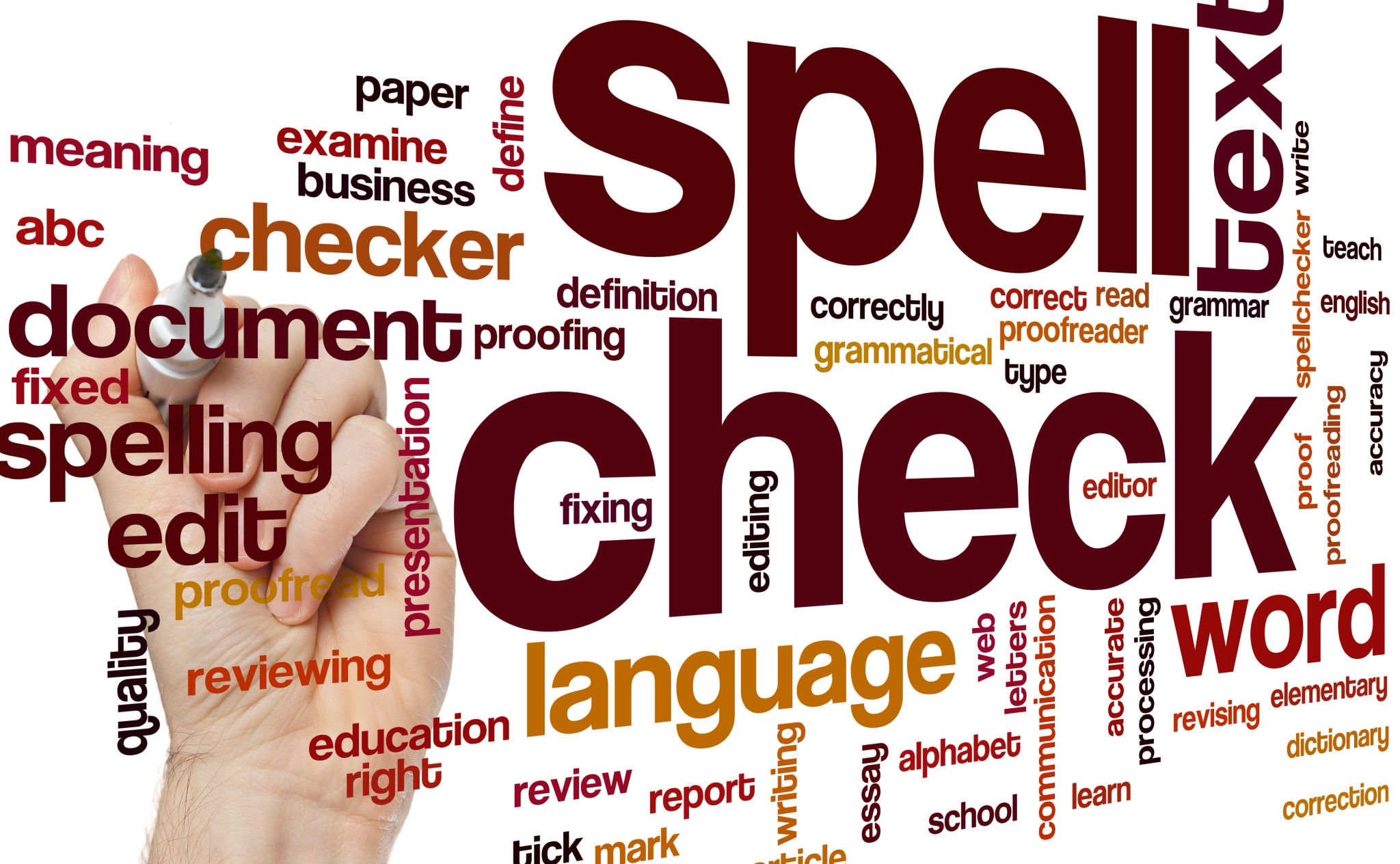Ever faced that frustrating moment when you type something into a search engine, and all you get is "there are no results for check your spelling or try different keywords"? Let’s be honest—it’s like talking to a brick wall. You know what you’re looking for, but the internet just doesn’t seem to get it. Well, guess what? You’re not alone, my friend. This happens to the best of us, even to people who think they’re search engine wizards. But don’t worry—we’ve got your back. In this article, we’ll dive deep into why this happens, how to fix it, and how to become a search query ninja. So buckle up, because we’re about to unravel the mystery behind those pesky "no results" messages.
Let’s face it, the internet can be a tricky beast. Sometimes it feels like you’re speaking a completely different language from the one the search engines understand. It’s not just about typing random words and hoping for the best. There’s an art to crafting the perfect search query, and if you don’t get it right, you’ll end up staring at that dreaded "there are no results for check your spelling or try different keywords" message. But don’t let it get you down. We’re here to teach you how to turn that frown upside down.
Before we dive into the nitty-gritty, let’s talk about why this matters. In today’s digital age, being able to find information quickly and efficiently is more important than ever. Whether you’re a student researching for a project, a professional looking for industry insights, or just someone trying to figure out how to fix that weird noise your car is making, mastering search queries can save you time, frustration, and maybe even a few bucks. So stick around, because what you’re about to learn could change the way you interact with the internet forever.
Understanding the Basics of Search Queries
Alright, let’s start with the basics. A search query is basically the question or phrase you type into a search engine when you’re looking for something. Sounds simple enough, right? But here’s the thing—how you phrase that question can make all the difference. If you’re too vague, too specific, or just plain misspelling words, you might end up with nothing but that dreaded "there are no results" message. It’s like trying to unlock a door with the wrong key. You’re close, but not quite there.
Search engines like Google, Bing, and Yahoo! are designed to understand what you’re looking for and deliver the most relevant results. But they’re not mind readers. They rely on algorithms to match your query with the vast amount of data on the web. And if your query doesn’t align with what’s out there, well, that’s when you hit a wall. So, how do you make sure your queries are on point? Let’s break it down.
Common Reasons for "No Results" Messages
There are a few common culprits behind those "no results" messages. One of the biggest is misspelling. Yep, those pesky typos can really mess you up. Another reason could be using too many or too few keywords. If your query is too broad, the search engine might not know where to start. On the flip side, if it’s too narrow, there might not be enough content to match your query. And let’s not forget about using outdated or obscure terms. The internet evolves fast, and if you’re using terms that are no longer in use, you might not find what you’re looking for.
Here’s a quick list of things to watch out for:
- Misspelled words
- Too many or too few keywords
- Outdated or obscure terms
- Incorrect use of operators (we’ll talk about those later)
How to Refine Your Search Queries
Now that we know what can go wrong, let’s talk about how to fix it. Refining your search queries is all about being strategic. It’s like playing a game of chess—you need to think a few moves ahead. Start by making sure your spelling is on point. If you’re not sure how to spell something, try using a spell-checker or even asking a friend. Trust me, it’s better to take a few extra seconds than to end up with no results.
Using the Right Keywords
Keywords are the bread and butter of search queries. They’re the words or phrases that tell the search engine exactly what you’re looking for. But here’s the thing—not all keywords are created equal. You want to use keywords that are specific enough to get you relevant results, but not so specific that you limit your options. Think of it like fishing. If your net is too big, you might catch a lot of junk. But if it’s too small, you might miss the big fish.
Here are some tips for choosing the right keywords:
- Use specific terms instead of general ones
- Think about synonyms or related terms
- Consider using long-tail keywords for more targeted results
Advanced Search Techniques
Once you’ve mastered the basics, it’s time to level up your search game with some advanced techniques. These are like secret weapons that can help you find exactly what you’re looking for, even when the odds are stacked against you. One of the most powerful tools at your disposal is search operators. These are special symbols or words that you can use to refine your queries and get more precise results.
Using Search Operators to Your Advantage
Search operators might sound intimidating, but they’re actually pretty easy to use once you get the hang of them. For example, you can use the "site:" operator to search within a specific website. Or the "intitle:" operator to find pages with a certain word in the title. There are tons of operators out there, each with its own unique function. The key is to experiment and see what works best for you.
Here are a few search operators you should know about:
- site:
- intitle:
- inurl:
- filetype:
Understanding Search Engine Algorithms
Now, let’s talk about the elephant in the room—search engine algorithms. These are the complex formulas that search engines use to rank and display results. They’re constantly changing and evolving, which is why it’s important to stay informed about the latest trends. But don’t worry, you don’t need a degree in computer science to understand the basics. Just knowing a few key factors can help you optimize your search queries.
Factors That Influence Search Results
There are several factors that can influence search results, including relevance, authority, and user intent. Relevance refers to how closely a webpage matches your query. Authority is all about how trustworthy and credible the source is. And user intent is about understanding what you’re really looking for. If you can align your queries with these factors, you’re more likely to get the results you want.
Common Mistakes to Avoid
Even the best searchers make mistakes from time to time. The key is to learn from them and avoid repeating them in the future. Some common mistakes include using too many keywords, relying on outdated information, and not considering user intent. By being aware of these pitfalls, you can improve your search game and avoid those frustrating "no results" messages.
How to Avoid These Mistakes
Here are a few tips for avoiding common search mistakes:
- Keep your queries concise and to the point
- Stay up-to-date with the latest trends and information
- Consider what the user is really looking for
Tools to Help You Improve Your Search Queries
There are plenty of tools out there that can help you improve your search queries. From spell-checkers to keyword research tools, these resources can make a big difference in your search game. Some popular tools include Google Keyword Planner, SEMrush, and Ahrefs. These tools can help you find the right keywords, analyze your competition, and track your progress over time.
Using Tools Effectively
When using these tools, it’s important to remember that they’re just that—tools. They can’t do all the work for you, but they can certainly make your job easier. Start by setting clear goals and objectives. Then, use the tools to gather data and insights that can help you refine your strategies. And don’t forget to test and iterate. Search is a constantly evolving field, and what works today might not work tomorrow.
Real-Life Examples of Successful Searches
To give you a better idea of how all this works in practice, let’s look at a few real-life examples of successful searches. Imagine you’re trying to find a recipe for a specific dish. Instead of just typing in "recipe," you could try something like "how to make homemade lasagna." This query is more specific and is more likely to get you the results you want. Another example could be searching for a specific product. Instead of typing in "shoes," you could try "red running shoes for women size 8." Again, the more specific you are, the better your chances of finding what you’re looking for.
Lessons Learned from These Examples
From these examples, we can see that specificity is key. The more detailed and precise your query is, the better your chances of finding what you’re looking for. But it’s not just about being specific—it’s also about understanding user intent and using the right tools and techniques to get the job done.
Conclusion
So there you have it—a comprehensive guide to mastering search queries and avoiding those dreaded "there are no results for check your spelling or try different keywords" messages. By understanding the basics of search queries, refining your techniques, and using the right tools, you can become a search query ninja in no time. Remember, the key is to be strategic, stay informed, and never give up. The internet might be a tricky beast, but with the right approach, you can tame it and find exactly what you’re looking for.
Now it’s your turn. Take what you’ve learned and put it into practice. Try out some new techniques, experiment with different keywords, and see how it goes. And don’t forget to share your experiences with us in the comments below. We’d love to hear how you’re doing and what challenges you’re facing. Happy searching, and good luck out there!
Table of Contents
Understanding the Basics of Search Queries
Common Reasons for "No Results" Messages
How to Refine Your Search Queries
Using Search Operators to Your Advantage
Understanding Search Engine Algorithms
Factors That Influence Search Results
Tools to Help You Improve Your Search Queries
Real-Life Examples of Successful Searches
Lessons Learned from These Examples



Detail Author:
- Name : Macey Padberg
- Username : lockman.rebecca
- Email : qconsidine@yahoo.com
- Birthdate : 1991-10-29
- Address : 32937 Russel Landing North Newell, ME 77590-3492
- Phone : (407) 462-6252
- Company : Greenfelder Group
- Job : Statement Clerk
- Bio : Rerum nihil aperiam et nam. Mollitia et doloribus et dolores. Velit qui minima praesentium maxime nihil.
Socials
instagram:
- url : https://instagram.com/margie.schmidt
- username : margie.schmidt
- bio : Officiis et culpa pariatur suscipit id. Molestiae magnam ea voluptatem est voluptas molestiae enim.
- followers : 4546
- following : 2622
tiktok:
- url : https://tiktok.com/@schmidtm
- username : schmidtm
- bio : Esse earum soluta molestias minus. Eos consequuntur est aliquam eos dolores.
- followers : 5582
- following : 1928